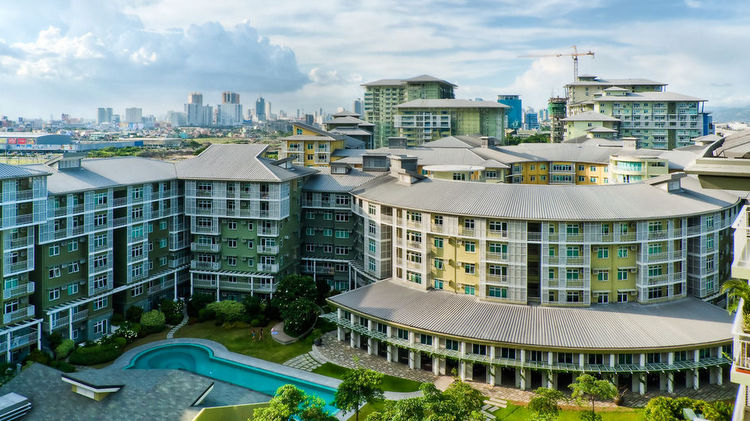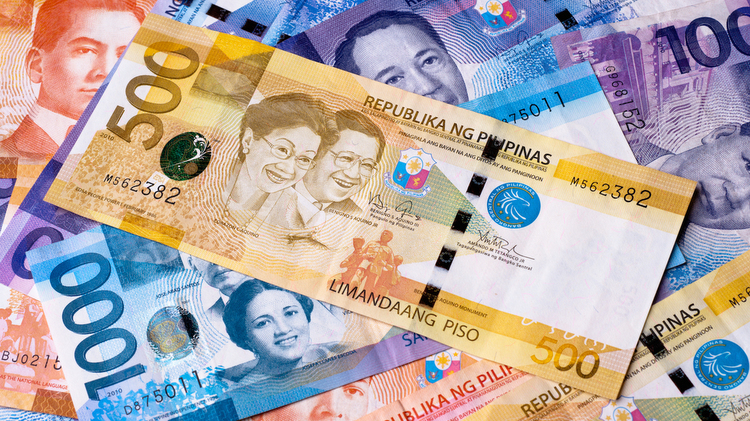
As a financial advisor, one of the biggest problems I see with foreigners living abroad is financial planning since you don’t have the NSA, 401(k)’s, or Superannuation’s to help you out – you’re all on your own with little or no help from the Philippines or your motherland. For those retired, semi-retired, or thinking about retiring in paradise, here are some helpful hints to keep your finances healthy.
Insurance
Let’s say you get in a traffic accident or get diagnosed with a severe medical condition. A situation like this can set you back tens of thousands of dollars – especially when using expensive expat hospitals – and possibly wipe out your savings. With basic inpatient coverage, however, your insurance provider will cover all the medical bills to help preserve your hard-earned cash.
The same can be said with life insurance. The Philippines is considered a high-risk country by many insurance companies, meaning your provider from home will most likely drop you the minute you move to the archipelago. If you have a family, kids or even a mortgage (debts are inheritable!), a sound life insurance policy will greatly help your loved ones if you were to pass away, become paralyzed, or get diagnosed with a critical illness.
Investing
Just in the way insurance preserves the money you’ve made, investing grows it. Banks in the Philippines have an interest rate of around 3% (which when compared to the West is pretty good). But with inflation also around 3%, that eats away a lot of the real growth you could experience.
Therefore, it may be better to invest. If your investment grows at a rate of 7% per year, due to the magical powers of compound interest you will double your money in just 10 years. There are many tax-efficient investments available exclusively for expat as well, helping you grow your wealth faster.
Tax Planning
This is especially true for Americans since they’re subject to report and pay taxes on their income even if they reside outside of the US. If you’re not reporting your earnings and bank details to the IRS, you can land yourself into some serious trouble and lose a lot of your money in fines.
However, this problem isn’t limited to Americans. The Common Reporting Standard (CRS) has been passed and it will most certainly affect most foreign nationals living abroad. According to the OECD website, the CRS “calls on jurisdictions to obtain information from their financial institutions and automatically exchange that information with other jurisdictions on an annual basis.” Very soon, most foreigners overseas, just like Americans, will be subject to citizen based tax. Start getting your taxes in order soon to stay ahead of the game!

Retirement Planning
Most pension funds require that you live in or work in the country of where the retirement fund is domiciled. So, if you’re living in the Philippines, it may be impossible to keep that fund growing. If this is the case, did you know you can transfer your pension to a provider that will allow you to not only grow but access your funds outside of your home country? Owners of US-based IRAs and 401(k)’s, and those with British pensions are just some of the many approved pension schemes that can be transferred over.
If you don’t transfer your pension, it’ll literally just sit there collecting dust, so get that money which is rightfully yours back into your possession. Furthermore, it could also be beneficial to have your nest egg much closer to home for the purpose of efficiency.
Investing Locally
Investing in the Philippines definitely has its risks, but high risks can come with high rewards. P2P lending is becoming more popular in the Philippines, and some foreigners have gotten in on the action. In regards to property, I personally think the there are some very good real estate deals out there, but there are restrictions on what foreigners can purchase (if you have a Filipino spouse, it will make things easier, though). Opening a business, or investing in another business, can also yield returns.

With the Philippine economy in relatively good health and posting a GDP growth of 6.8% in 2016 (more than China!), I remain bullish on the country. But, when making any investment locally, make sure there is an element of trust, and realize that there is always a high factor of risk. After all, it’s still a developing country with a history of extreme volatility. I’d recommend having your nest egg in place before taking on any risky investments, and also don’t risk what you can’t afford to lose.
As a foreigner living in the Philippines, there are tremendous opportunities to add zeros to your bank account and raise your living standard due to the low cost of living. But if you’re not managing your wealth properly to actively grow and protect your savings, are you truly maximizing your full potential? Follow some of these tips to stay financially secure in the Philippines and live the good life!
Top 5 Financial Tips for Foreigners in the Philippines
